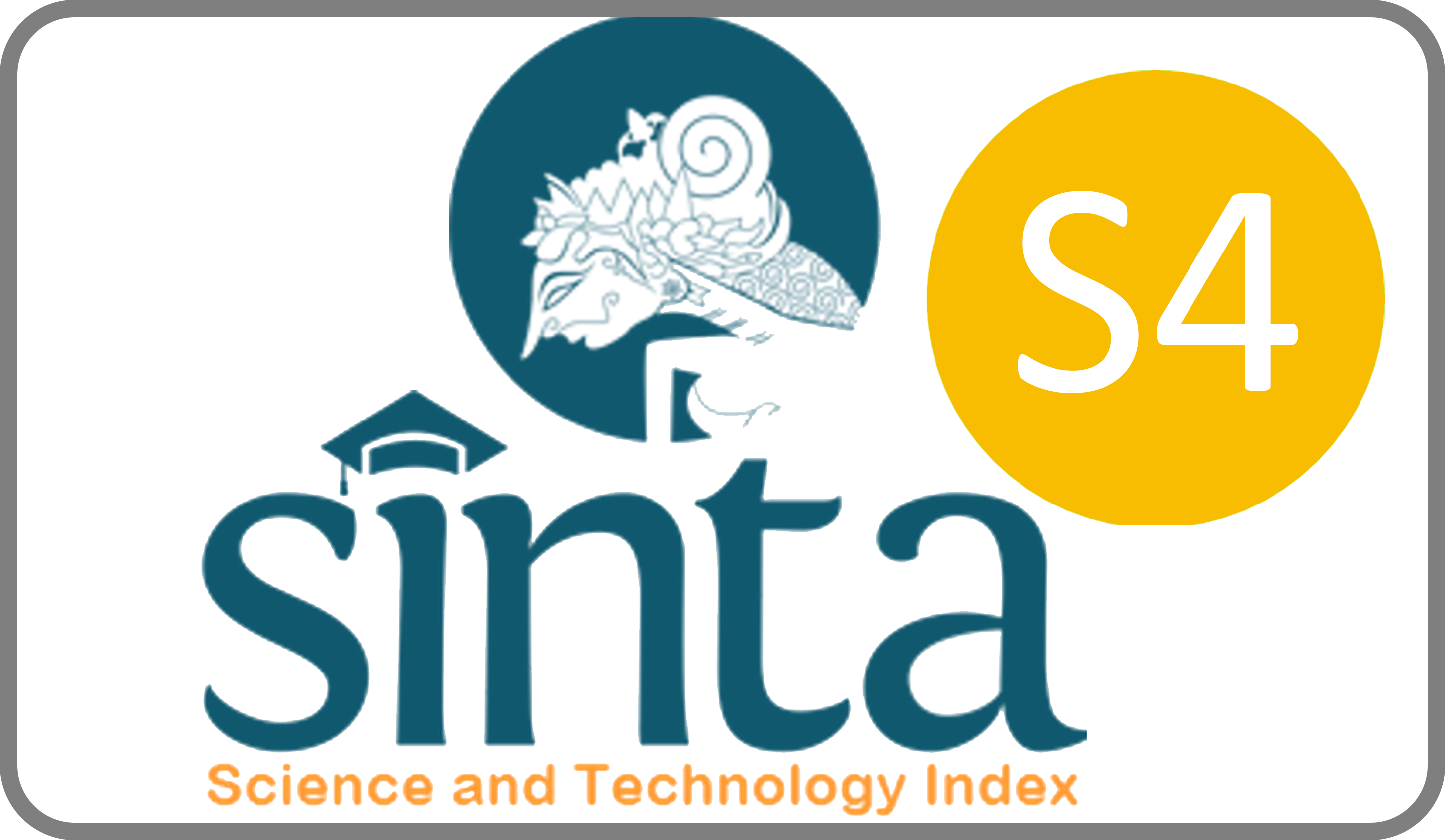Knowledge Enhancement about COVID-19 Prevention on Community with Webinar Program
Downloads
COVID-19 is increasingly difficult to control. There is evidence of an increase in cases during the beginning of December. There needs to be community participation in prevention and control efforts anywhere (including at home, public facilities and workplaces). Webinars are a method that can be used during a pandemic to increase public knowledge. In this activity, the results showed that some of the participants were female in the age group less than 30 years old with status as students. There was a significant increase in knowledge (p-value = 0.000) of community groups who were provided with counseling through webinars of 9.17 points. It is necessary to expand the reach of people who get counseling through webinars so that information or knowledge about the prevention and handling of COVID-19 can be widely spread throughout Indonesia.
Asiah, Nur. 2016. "Pengaruh Penyuluhan Dalam Peningkatan Pengetahuan Kesehatan Reproduksi Remaja Pada Pengurus Pusat Informasi dan Konseling Mahasiswa UHAMKA”. ARKESMAS, Volume 1, Nomor 2, Juli-Desember 2016
Haryadi, Akmal Y. et al. 2020. "Education for new normal adaptation and improving body immunity during COVID-19 pandemic through online seminar procurement”. Jurnal Layanan Masyarakat (Journal of Public Service), vol 4 no 2 Tahun 2020, halaman 441-447 ISSN 2580-8680, e-ISSN 2722-239X
Komite Penanganan COVID-19 dan Pemulihan Ekonomi Nasional (KPCPEN). Peta Sebaran COVID-19. https://covid19.go.id/peta-sebaran (diakses : 6 Desember 2020).
Mulyadi, Mohammad. 2009. Partisipasi Masyarakat dalam Pembangunan Masyarakat Desa. Tangerang: Nadi Pustaka
Mulyadi, Mohammad. 2020. Partisipasi Masyarakat dalam Penanganan COVID-19. Info Singkat, Vol. XII, No.8/II/Puslit/April/2020
Notoatmodjo, S. 2014. Ilmu Perilaku Kesehatan. Jakarta: Rineka Cipta.
Notoadmodjo, S. 2010. Promosi Kesehatan Teori dan Aplikasi. Jakarta: Rineka Cipta.
JLM by Unair is licensed under a Creative Commons Attribution-ShareAlike 4.0 International License.
1. The journal allows the author to hold the copyright of the article without restrictions.
2. The journal allows the author(s) to retain publishing rights without restrictions
3. The legal formal aspect of journal publication accessibility refers to Creative Commons Attribution Share-Alike (CC BY-SA).
4. The Creative Commons Attribution Share-Alike (CC BY-SA) license allows re-distribution and re-use of a licensed work on the conditions that the creator is appropriately credited and that any derivative work is made available under "the same, similar or a compatible license”. Other than the conditions mentioned above, the editorial board is not responsible for copyright violation.


















